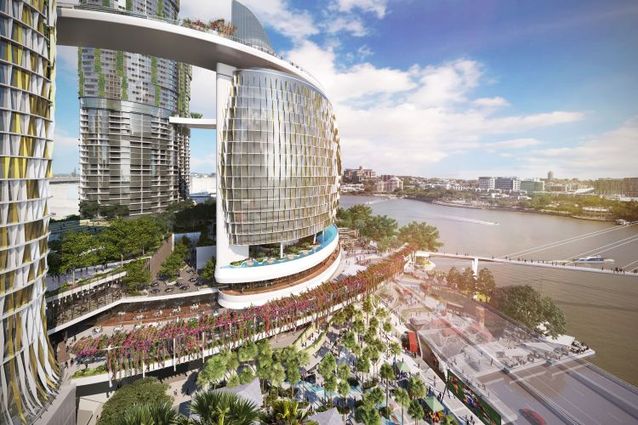
State governments around Australia are looking to the construction industry to prop up the ailing economy amid the coronavirus pandemic, tweaking planning regulations to keep the industry ticking over.
The New South Wales government announced it would fast-track assessments of State Significant Developments, re-zonings and development applications, with more decisions to be made by the plannining minister.
The Planning Sydney Accelerator Program aims to “clear the current backlog of cases stuck in the Land and Environment Court with additional Acting Commissioners.” The government will introduce a “one stop shop for industry to progress projects that may be stuck in the system” and invest $70 million to help fund work on roads, drainage and public parks in North West Sydney.
Planning Minister Rob Stokes said the planning system would undergo further reform to ensure it enables economic growth once the COVID-19 crisis is over.
“Our economic recovery will in many ways be longer and harder than the health one and it’s essential we do everything we can now to keep our state moving forward and allow work to continue wherever possible in line with the best medical advice,” he said.
In Queensland, urgent amendments to planning legislation introduced in late March are now in effect. The amendments give the planning minister greater flexibility to suspend or extend any of the statutory timeframes across the planning framework.
The government has also relaxed heavy vehicle lock out restrictions at the site of the $3.6 billion Queen’s Wharf project as a way of helping the project move forward.
“The relaxation of the lock out periods for the Queen’s Wharf Brisbane project continues our commitment in driving economic development and support construction activity in a safe and efficient manner,” said planning minister Cameron Dick.
Western Australia Planning Minister Rita Saffioti has also annouced a range of exemptions to local planning requirements under State of Emergency powers.
The minister has been given authority to temporarily override requirements and conditions set out in local planning schemes, and existing conditions in planning approvals.
A blanket two-year extension has also been granted for all current development approvals to “assist job-creating projects during the recovery stage.”
“The planning system must be able to respond quickly and efficiently to the effects of COVID-19, in particular removing barriers so businesses and local governments can adapt as easily as possible,” said Saffioti.
Victorian premier Daniel Andrews, meanwhile, has pointed to the state’s major infrastructure projects as key pillars of the economy going forward.
“We have the biggest construction program in the state’s history, and it will need to get bigger once this crisis is over as we push out of what is a really significant shock to our economy,” he said on 13 April, announcing the completion of a level-crossing removal project at Toorak Road, the 35th level crossing removal overseen by his government.
Andrews said that strict safety protocols were in place at the worksite.
“Work looks a little different on our big build – with extra physical distancing precautions in place due to coronavirus, so we can protect our workers and protect their jobs,” he said.
In Melbourne, two construction sites were temporarily shut down due to workers testing positive to COVID-19. While construction unions around Australia have been largely in lock-step with governments and employers in their support for keeping construction going, rank-and-file members are increasingly speaking out about unsafe working conditions. Melbourne paper The Age reported that construction workers are accusing the union of “siding with big business and Master Builders Victoria, and of putting profits ahead of members.”
ArchitectureAU reported on unrest in the industry on April 1.
The Australian Institute of Architects has also called on governments to support the continuation of the construction sector during the COVID-19 pandemic.
Source: Architecture - architectureau


